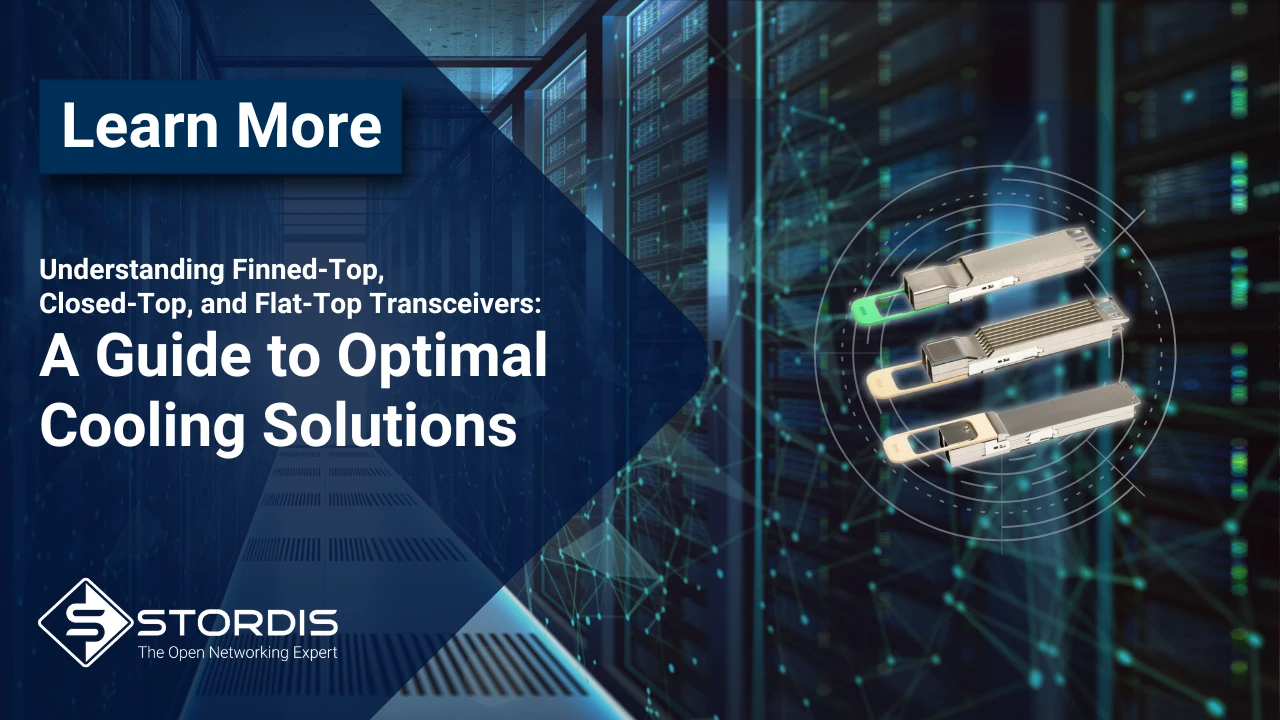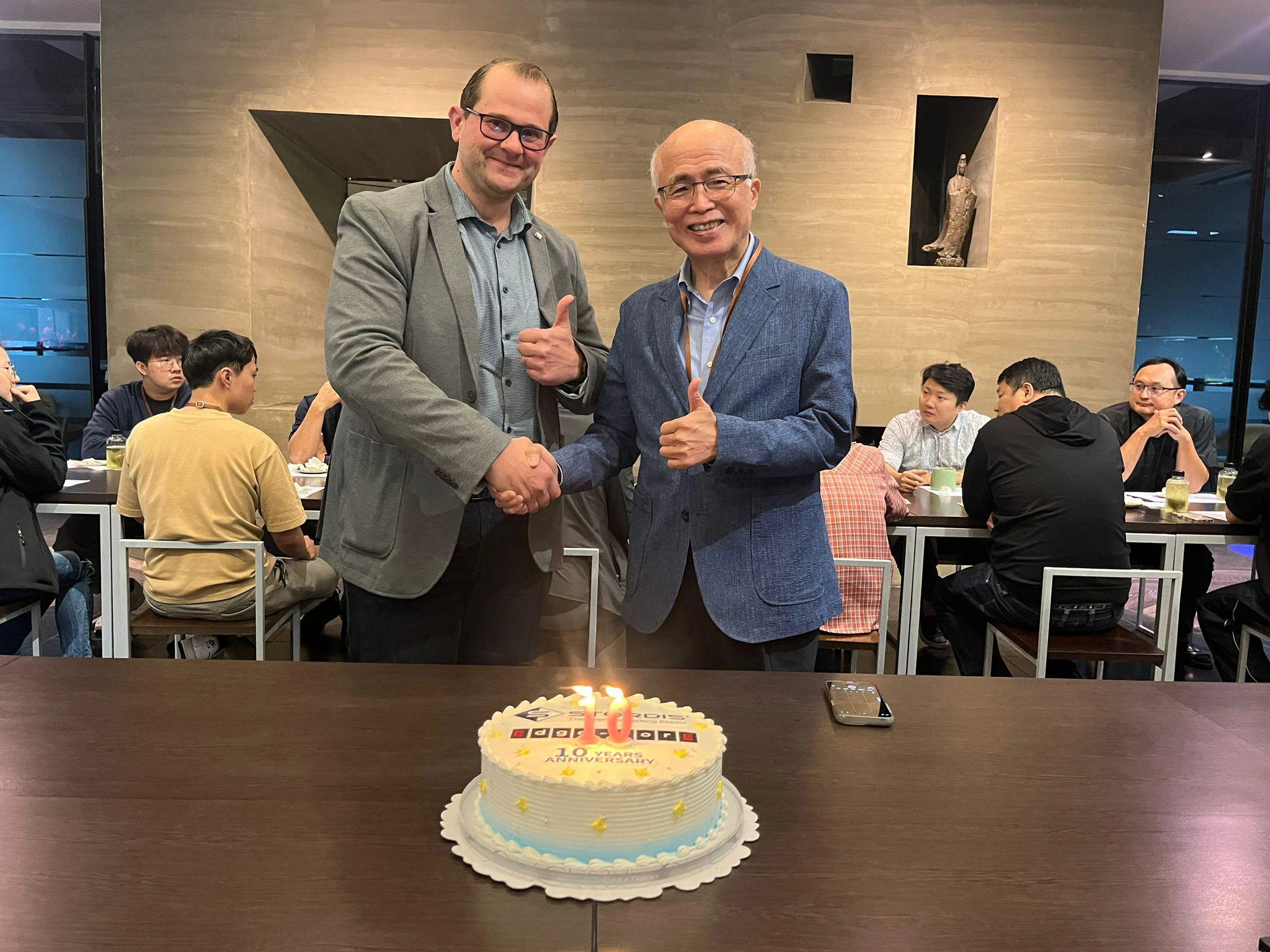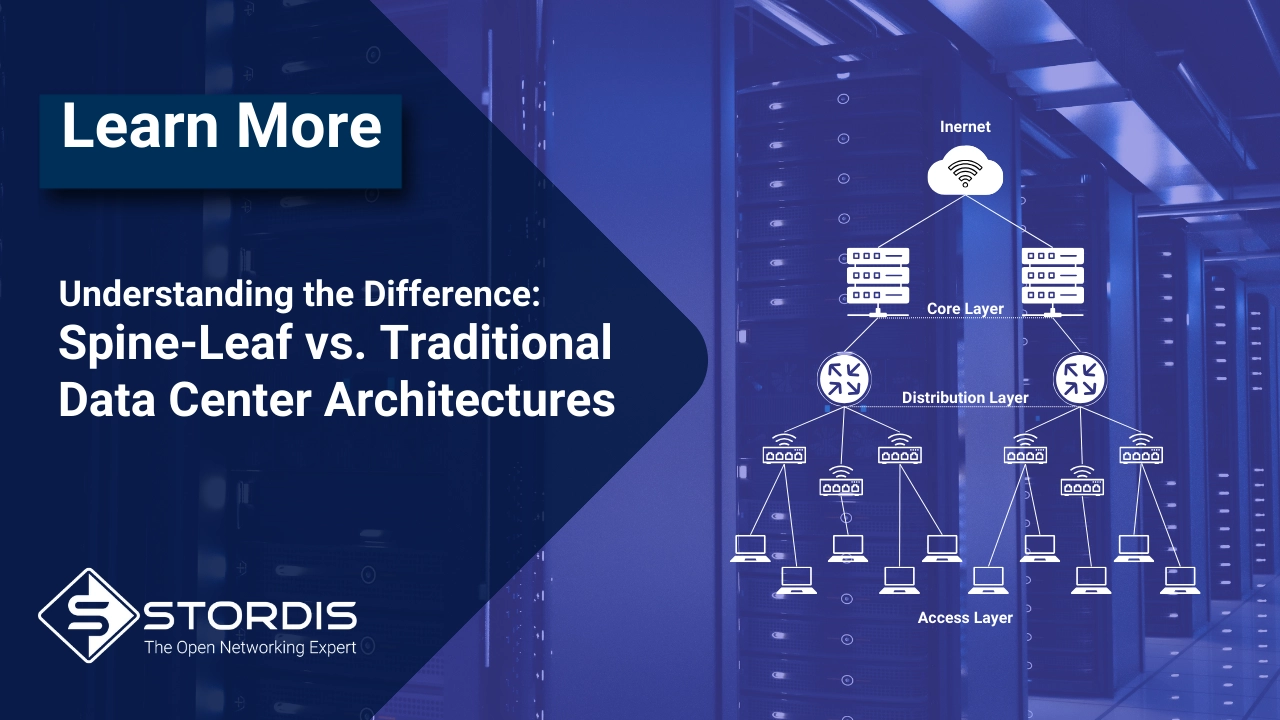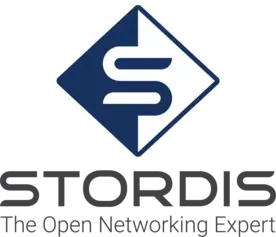- You have no items in your shopping cart
- Continue Shopping
Maximizing Network Potential: How Credo’s HiWire P3 Leads the Way
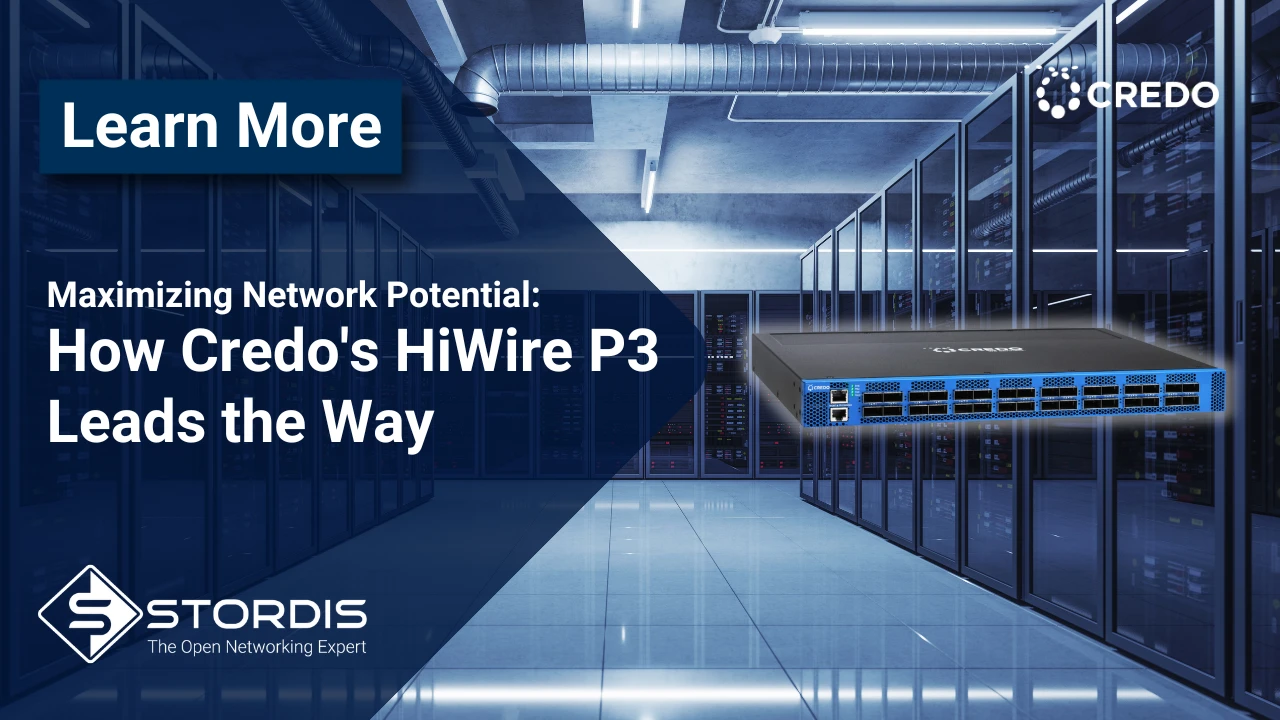
In the rapidly evolving world of network technology, the push towards higher bandwidths and more efficient connectivity solutions is relentless. As an enthusiast in the field, I am thrilled to delve into the latest advancements that promise to reshape the landscape. Credo’s HiWire Pluggable Patch Panel (P3) and the role of Active Electrical Cables (AECs) in future-proofing copper connectivity are prime examples of innovations driving this transformation for every network, not just open networking.
AI and Network Density: A Perfect Synergy
The integration of AI into network infrastructures is revolutionizing how we think about density and efficiency. AI demands immense data processing capabilities, pushing the limits of traditional passive copper cables. This is where Credo’s innovative approach shines. Active Electrical Cables (AECs) drastically reduce space requirements by 75%, making them indispensable as we transition to 800G and even 1.6T networks. These advancements are not just about handling more data; they are about doing so sustainably, with significant power savings and reliability.
HiWire P3: A Game-Changer for Network Optimization
The HiWire Pluggable Patch Panel (P3) is a testament to Credo’s commitment to innovation. This device bridges the gap between long-range ZR optics and AECs, offering a seamless solution for switches that struggle with the power or control plane demands of these optics. The P3 excels in breakout scenarios, allowing a 400G core to interface effectively with 100G optics on the edge. It’s a low-cost, simple solution that maximizes port usage, ensuring no wastage in the radix of these ports.
Revitalizing Existing Infrastructure
One of the most compelling aspects of HiWire P3 is its ability to breathe new life into existing network infrastructure. For network operators looking to upgrade without the expense of replacing all their current routers, P3 provides a viable path forward. By decoupling pluggable optics from core switching and routing hardware, it allows older routers to handle new, higher-speed optics without requiring extensive modifications. This capability is invaluable for maintaining the relevance and functionality of existing equipment, providing significant cost savings and extending the lifespan of current investments.
Addressing the Challenges of Coherent Optics Deployment
The deployment of ZR/ZR+ coherent optics, despite their numerous benefits, presents several challenges for service providers. High replacement costs, power and cooling requirements, and the need for compatibility with various network operating systems are just a few hurdles. Credo’s HiWire P3 addresses these issues head-on by decoupling pluggable optics from core switching and routing hardware. This flexibility allows for the support of both 400G and 800G optics, providing a scalable and adaptable solution for modern networks.
The HiWire P3 Advantage
What makes HiWire P3 truly revolutionary is its ability to offload power and cooling requirements from the core infrastructure, streamlining management and reducing operational costs. By enabling full port utilization and supporting gear-boxing via AEC connections, P3 optimizes network capacity and efficiency. Its open access to coherent modules, independent of network operating systems, ensures unparalleled flexibility and compatibility.

Future-Proofing with Flexibility and Scalability
HiWire P3 is not just a solution for today’s network challenges; it’s a blueprint for the future. Its support for up to 32 QSFP-DD ports, with varying power capabilities, ensures that it can handle the demands of future network expansions. This scalability is crucial as we move towards higher bandwidth requirements and more complex network architectures.
A Bright Future for Every Network
Credo’s HiWire P3 is paving the way for a new era of connectivity. By empowering service providers and hyperscalers to embrace coherent pluggable technologies confidently, Credo is driving innovation and pushing the boundaries of what’s possible in network technology. The future of networking is here, and with solutions like HiWire P3, it’s brighter than ever.
In conclusion, my passion for networking is fueled by innovations like Credo’s HiWire P3. It embodies the principles of efficiency, scalability, and forward-thinking that are essential for the next generation of network infrastructure. Whether you’re operating within an open networking framework or any other network setup, the potential for growth and improvement is limitless. HiWire P3 not only promises a more efficient future but also offers a practical solution for maximizing the value of your current network assets. Let’s embrace this journey with enthusiasm and optimism for the incredible possibilities that lie ahead.
For more detailed information and a visual overview, you can check out the HiWire P3 on Credo’s website here and watch an informative video on our YouTube channel here. Additionally, if you’re interested in testing or need further details, feel free to contact us. The P3 is available in two power options:
- CP3A32M: 32xQSFP-DD, supporting 800G/400G/200G/100G/EDFA, 16xOptics | 16xAEC, 1RU, dual AC
- CP3D32M: 32xQSFP-DD, supporting 800G/400G/200G/100G/EDFA, 16xOptics | 16xAEC, 1RU, dual DC
The software is fully open, and any engineer familiar with CMIS will be able to configure it and run extra scripts. That’s really cool!

Łukasz Łukowski is the Chief Sales and Marketing Officer for STORDIS. Working with channel partners, product management, business development and his marketing team, Łukasz is spearheading the effort to drive year-over-year revenue growth by more effectively leveraging STORDIS’ channel and alliance partners, particularly in the areas of open networking for data center, enterprise and telecom.
Prior to him joining STORDIS, Łukasz was the Vice President of EMEA Channel Sales and Alliances for Edgecore Networks. Łukasz has over 15 years of experience in the networking industry serving additional two roles as, Active A-Team Ambassador of the Open Networking Foundation (ONF); and a Regional Lead Manager for the Open Compute Project (OCP).
Comments
You might be interested in
